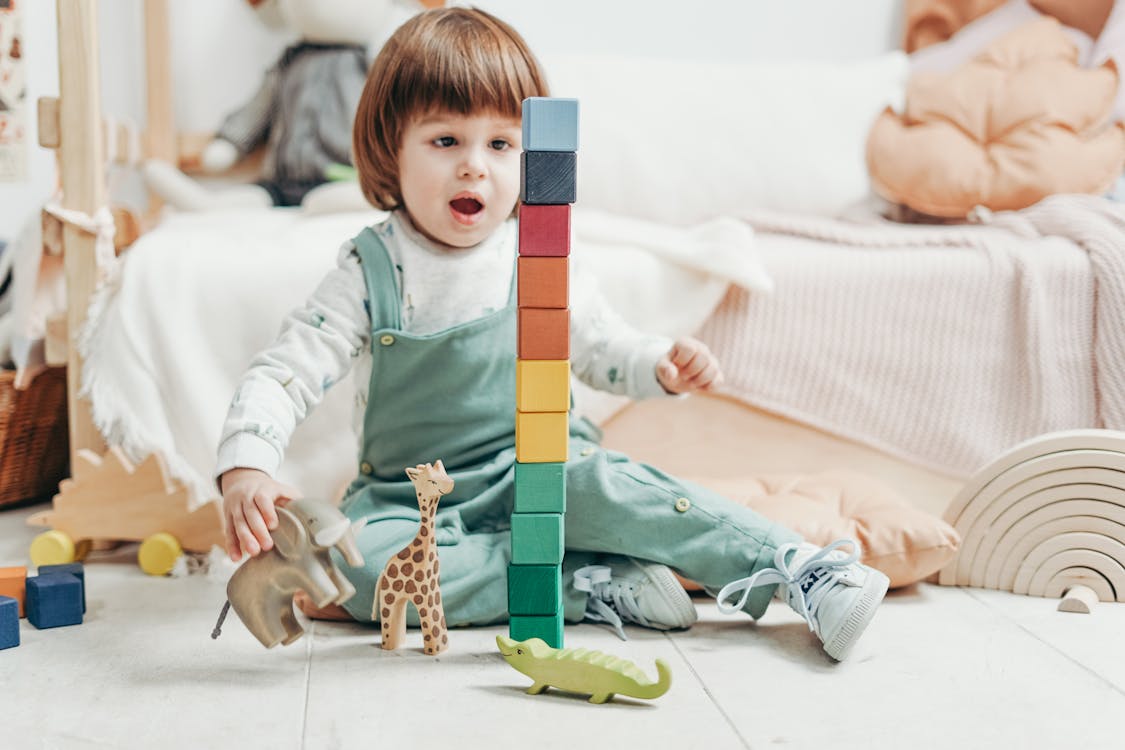The Science of Sensory Play
Discover how our carefully designed sensory experiences support your baby's cognitive, physical, and emotional development.

Did you know? A baby's brain forms over 1 million neural connections every second during the first years of life.
How Sensory Play Benefits Your Baby
Research-backed benefits that support your little one's holistic development
Cognitive Development
Sensory play builds neural pathways that support learning, problem-solving, and memory formation.
Motor Skills
Handling different textures and objects helps develop fine and gross motor coordination.
Sensory Processing
Regular sensory experiences help babies learn to process and respond to sensory information.
Language Development
Sensory activities create opportunities for vocabulary building and communication skills.
Emotional Regulation
Sensory play helps babies learn to understand and manage their emotions in a safe environment.
Social Skills
Group sensory activities foster turn-taking, sharing, and early friendship formation.
"Sensory play is not just fun—it's fundamental to how babies learn about their world."
— Dr. Sarah Johnson, Child Development Specialist
Development Milestones
How sensory play supports your baby's development at each stage
What to expect at 0-3 months
Sensory Development:
- Responds to loud sounds
- Follows moving objects with eyes
- Recognizes familiar faces
- Begins to discover hands and feet
Recommended Activities:
- High-contrast visual cards
- Gentle music and singing
- Skin-to-skin contact
- Soft textured toys

Pro tip: Every baby develops at their own pace. These are guidelines, not strict rules.
The Science Behind Our Approach
Our curriculum is informed by the latest research in early childhood development
Evidence-Based Methodology
Our sensory classes are designed based on decades of research into how babies learn and develop. We collaborate with child development specialists to ensure our activities provide the optimal level of stimulation for each developmental stage.
Studies show that babies who engage in regular sensory play demonstrate enhanced problem-solving abilities, better emotional regulation, and more advanced language skills compared to their peers.

Research-Backed Benefits
Scientific evidence supporting the effectiveness of sensory play
Neural Development
Research shows that sensory experiences strengthen neural connections in the developing brain, particularly in the first three years of life.
Cognitive Benefits
Studies indicate that multi-sensory learning environments can improve information retention and cognitive processing in infants.
Language Acquisition
Research demonstrates that sensory-rich environments can accelerate vocabulary development and language processing skills.
Real Development Stories
Parents share how sensory play has benefited their little ones' development
Olivia P.
Mum of 15mo Emma
"Since starting sensory classes, my daughter's language has exploded! She's using new words every week."
Michael R.
Dad of 9mo Leo
"My son was very hesitant with textures, but the gentle approach has helped him become much more confident exploring new sensations."
Aisha K.
Mum of 12mo twins
"The fine motor activities have made such a difference - my twins' coordination has improved so much in just a few weeks!"
James T.
Dad of 7mo Noah
"I've noticed my baby is much more engaged and curious about his surroundings since we started the classes."
Experience the Benefits Firsthand
Join us for a sensory adventure and watch your little one grow, learn, and thrive through play.
Have questions about how our classes can benefit your child specifically?
Contact our child development specialists for personalized advice